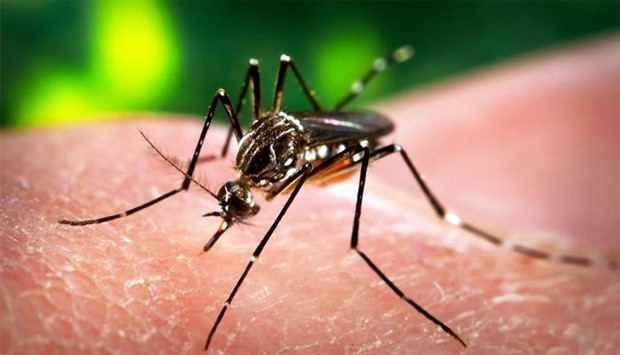The Ministry of Public Health has assured the public that no case of Zika virus has been reported in Qatar.
The Aedes Aegypti mosquito transmits the virus. Zika virus infection is a mild febrile viral illness transmitted to people through the bite of an infected mosquito from the Aedes genus, mainly Aedes aegypti in tropical regions.
The most common symptoms of Zika are fever, rash, joint pain, or conjunctivitis. Other common symptoms include muscle pain and headache.
The Public Health Department is working closely with the World Health Organisation - East Mediterranean Regional Office to ensure that necessary actions are taken to prevent the spread of the virus in the region.
According to a statement issued by the ministry, the health sector has been asked to deal with any suspected case among returning travellers. "However, further studies are going on."
The Ministry has asked the health sector to report any suspected case to Health Protection and CDC Hotline numbers 66740948 / 66740951.
WHO has advised no travel restrictions. However, the Ministry of Public Health has urged residents to postpone non-essential travel to 24 affected countries; in particular women who are pregnant or plan to become pregnant in the near future should consider delaying travel to areas with Zika virus.
Reports from several countries, most notably Brazil, demonstrate an increase in severe foetal birth defects and poor pregnancy outcomes in babies whose mothers were infected with Zika virus while pregnant. Additional international research is necessary and ongoing to determine the link between Zika virus and foetal damage.
Zika virus is transmitted by mosquitoes mostly active during daytime. It is important that all travellers visiting affected areas to take protective measures to prevent mosquito bites throughout the day. These measures include wearing long-sleeved shirts and long pants; using insect repellents; using permethrin-treated clothing and gear such as boots, pants, socks, and tents, using bed nets as necessary and staying and sleeping in screened-in or air-conditioned rooms.

Zika virus is transmitted by mosquitoes mostly active during daytime.
